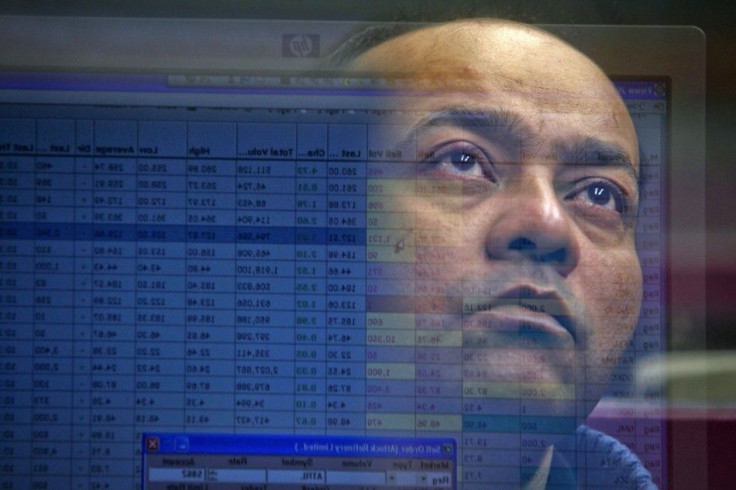Weak Eurozone Data, Greece Downgrade Hit Stocks: Daily Markets Wrap

It didn't take long for the initial relief following Tuesday's long-awaited Greek bailout deal to die down. Global stocks ended Wednesday lower as investors took a cautious stance on the euro zone economic outlook following disappointing business activity data and Fitch's cutting Greece's credit rating further into junk status.
Markit Economics' purchasing managers index, a reading on business activity in the euro zone, slipped to 49.7 from January's 50.4, below expectations of a rise to 50.8. Meanwhile, Fitch downgraded Greece's credit rating to single-C from triple-C and warned default is highly likely in the near term.
Here's a look at how the markets reacted:
Stocks. Global equities fell. The Dow Jones Industrial Average dropped 0.21 percent to 12,938.67. The wider S&P 500 failed to hold above 1,360, a key resistance point that could spark further gains, if broken. Dell's sales forecast missed estimates and weighed on the tech-focused Nasdaq Composite. European markets mostly fell, while Asian bourses gained.
Bonds. Weaker stocks and political tension in Iran and Syria bolstered the safe haven appeal of U.S. government debt. Investors pushed prices higher despite the $35 billion five-year note auction. Yield on the benchmark 10-year bonds dipped to 2 percent.
Commodities. Precious metals rallied. Platinum futures settled at their highest level since September on production disruptions, while gold set a new high for the year. Benchmark oil prices rose to fresh nine-month highs and March natural gas futures gained.
Currencies. The dollar, which rose against a basket of major rivals, climbed above the psychologically important 80 yen level for the first time in seven months. The euro was slightly higher, while the Canadian dollar and the Chilean Peso fell.
© Copyright IBTimes 2024. All rights reserved.






















